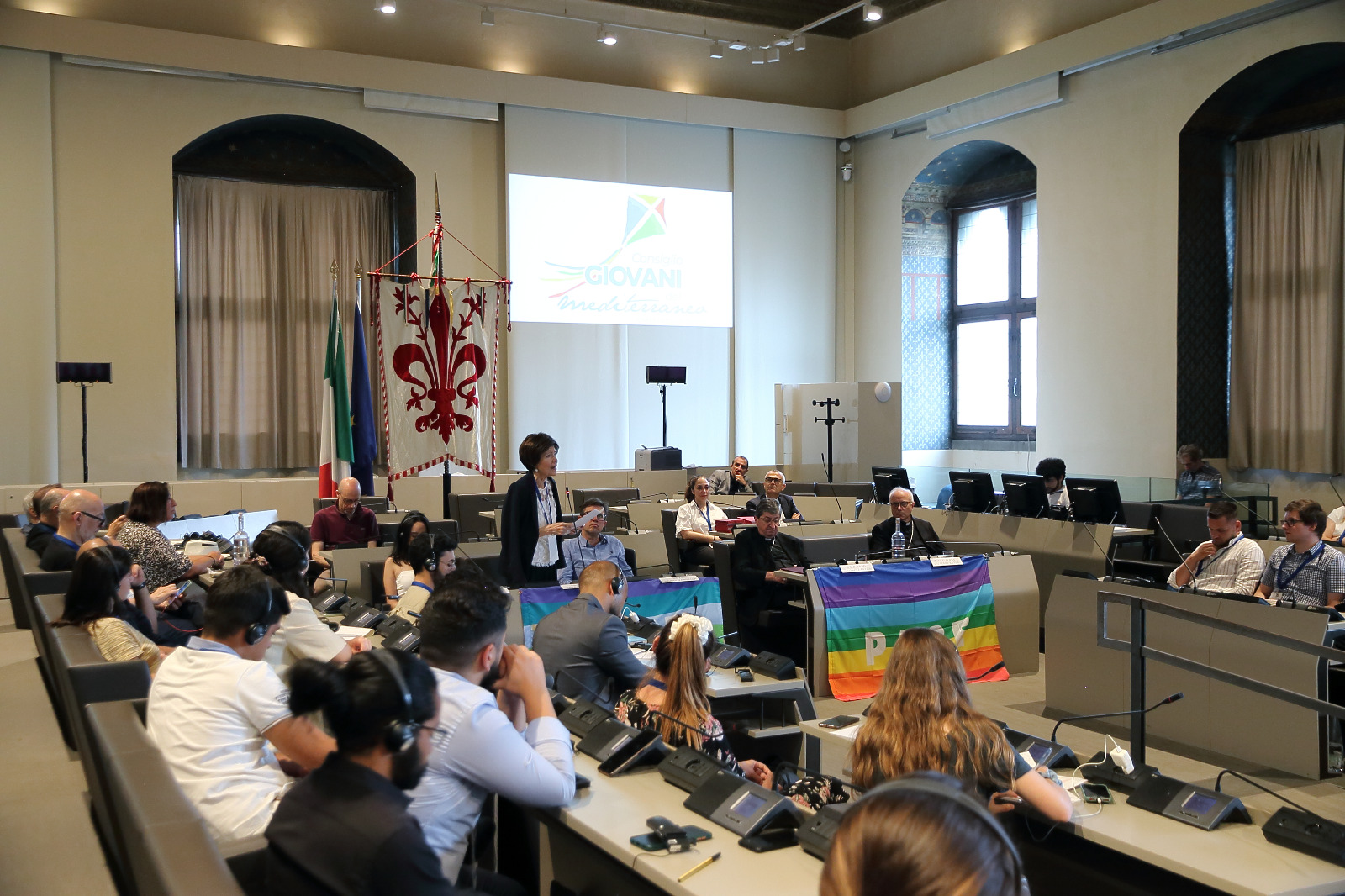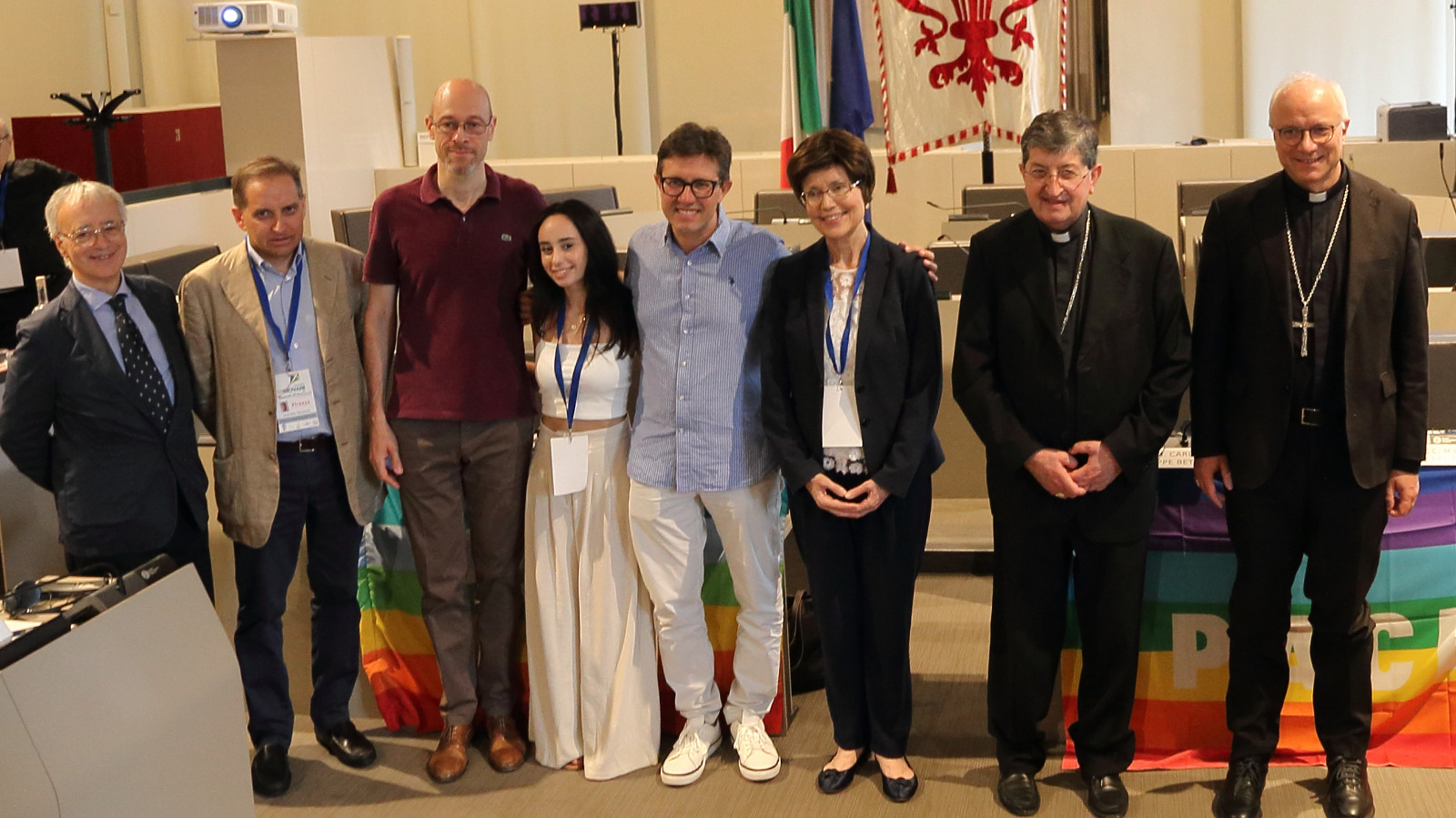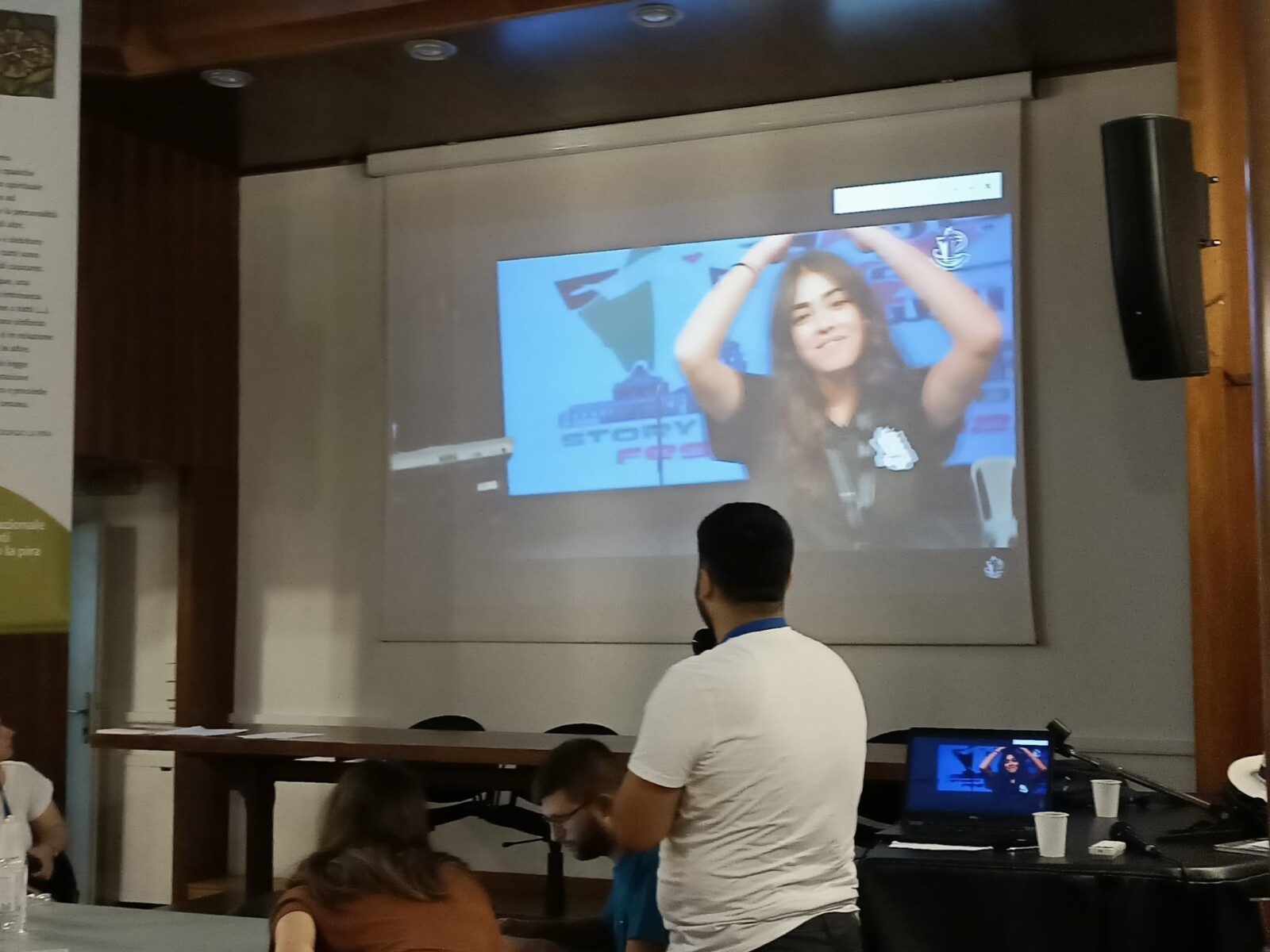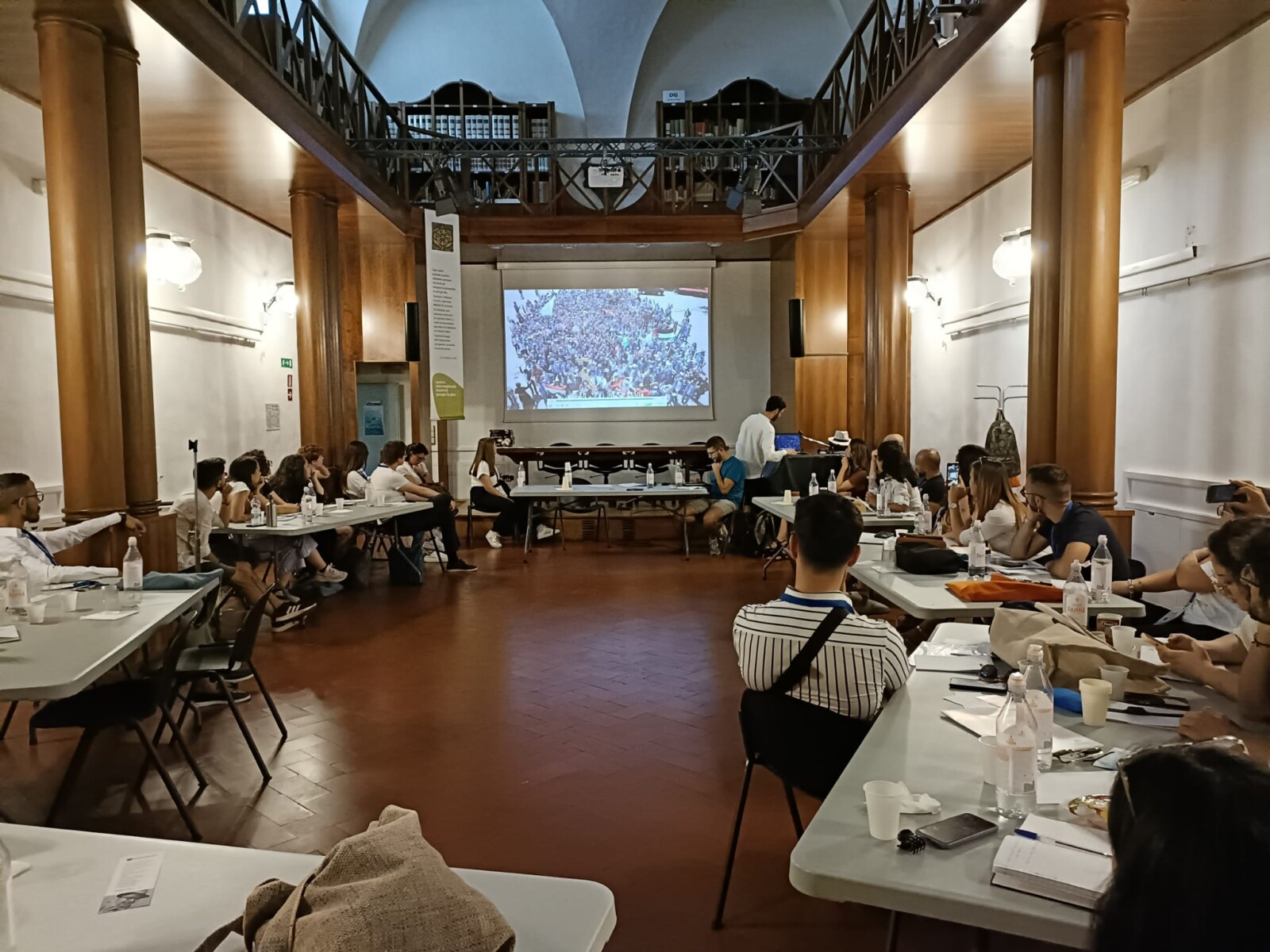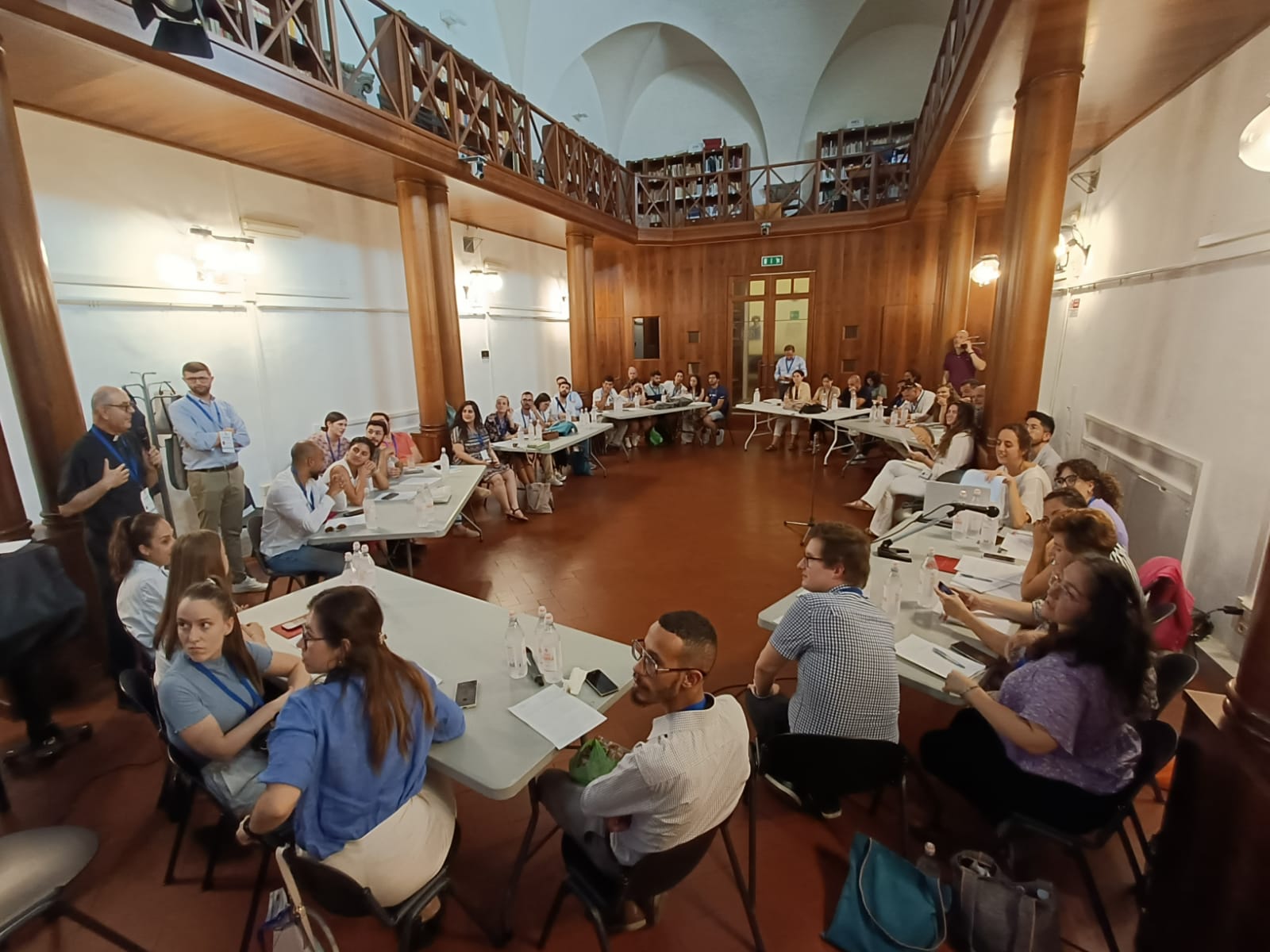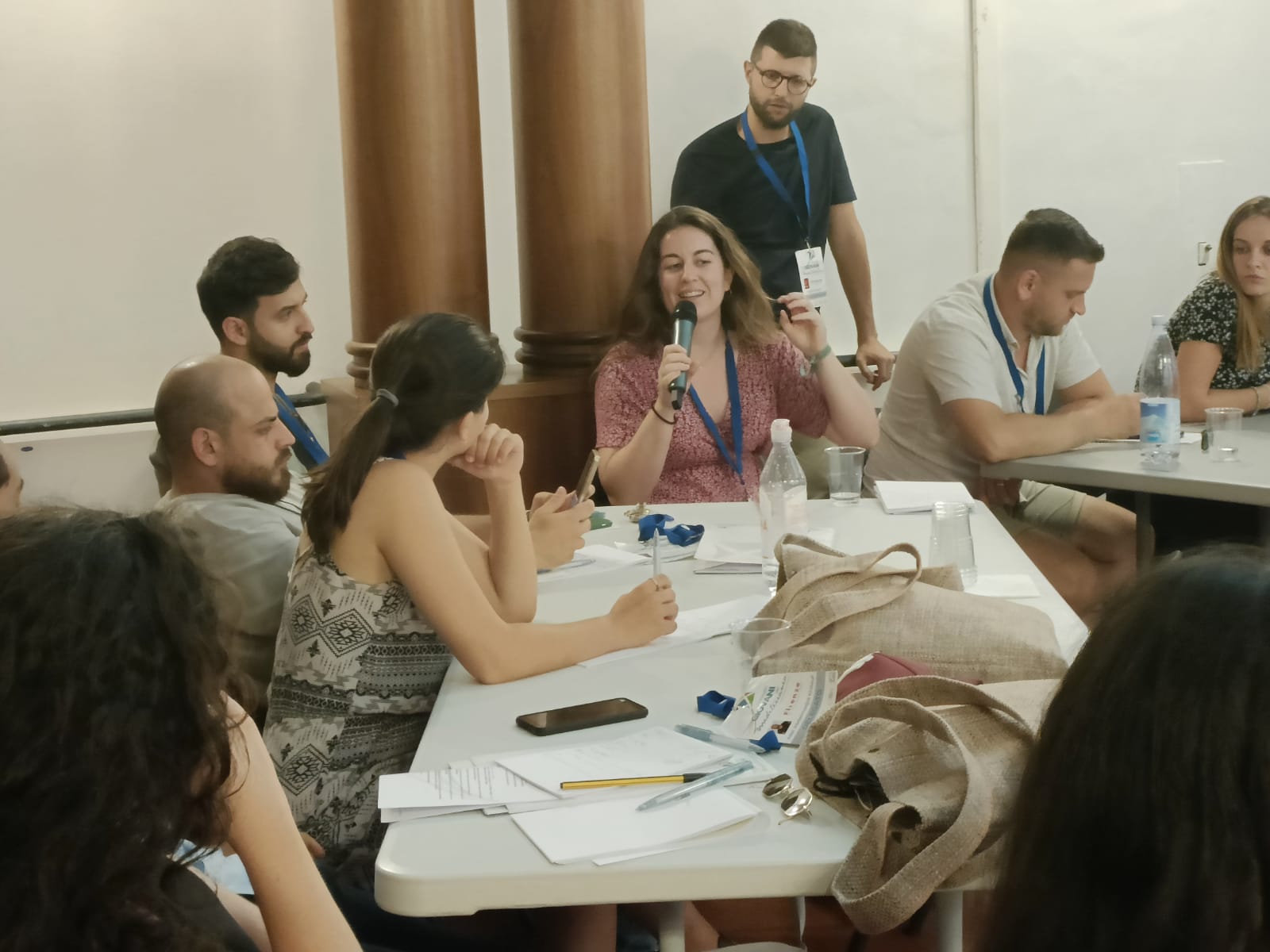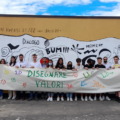
Workshop
The Mediterranean Youth Council
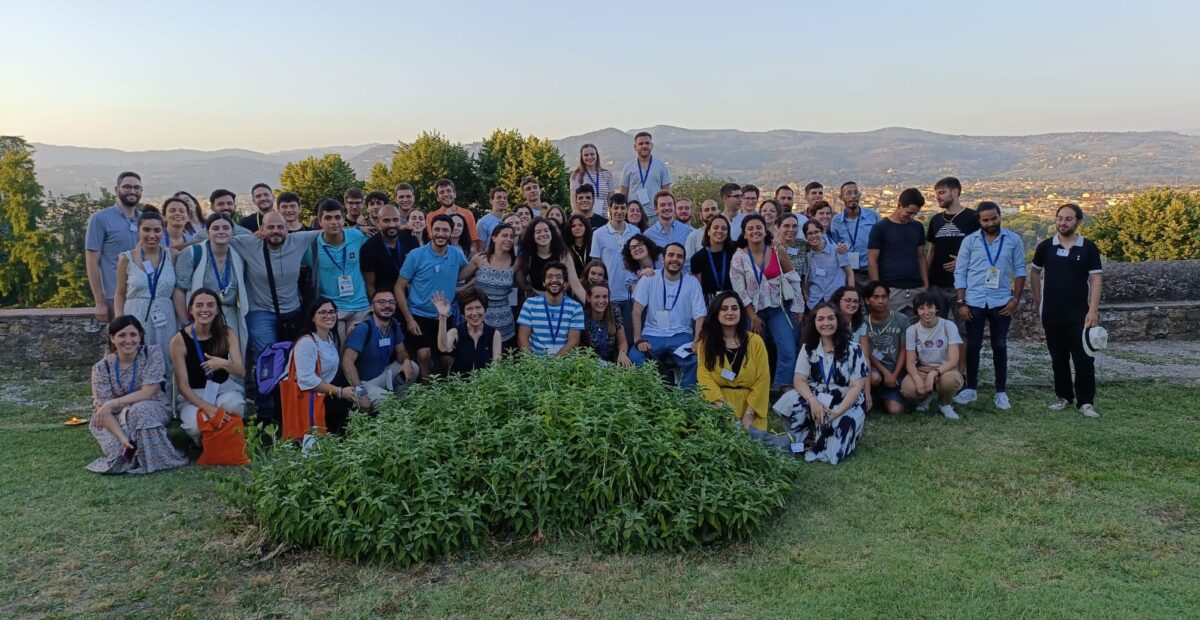
On the 13th of July, the Mediterranean Youth Council was established to give life to a journey of fraternity and mutual hospitality amongst the communities, Churches and people of other religions living on the shores of Mare Nostrum.
“We think that the Mediterranean remains what it was: an inextinguishable source of creativity, a universal and lively focolare where men can receive the light of knowledge, the grace of beauty and the warmth of fraternity.” Thus, Giorgio La Pira, the holy mayor of Florence reflected, in 1960 on the vocation of the Mediterranean Sea, a crossroads of people, cultures and faiths. Of course, that was before that sea earned the name “cemetery”, referred to the numerous deaths of immigrants (approximately 8 per day, according to the European Union Agency for Fundamental Rights) that, filled with desperation and hope, try to reach Europe. Today, from the shores of that sea, 34 youth are called to be a part of the “Mediterranean Youth Council ” and of its fraternal journey inspired by the thought and work of Giorgio La Pira. They come from: Italy, France, Spain, Slovenia, Croatia, Albania, Bosnia, Monte Negro, Greece, Cyprus, Malta, Turkey, Iraq, Syria, Lebanon, Holy Land, Egypt, Algeria and Tunisia.
They have the task, as stated in the communication released by the organizers, to “give life to a path of fraternity and mutual acceptance, to defeat fears and prejudices together, giving way to an interpersonal dialogue, between communities, between Churches, between members of different religions; a dialogue that builds integration, development opportunities with the revival of partnership policies, which we can summarize with the word ‘peace’.”
A project that, by the will of the CEI (Italian Episcopal Conference), is led by four realities, chosen by virtue of the network of international relations that each of them has matured over time and the intercultural educational action carried out. All of them refer to the ideal principles of Giorgio La Pira and his vision of the Mediterranean: the “Giorgio La Pira” Foundation, the “Giovanni Paolo II” Foundation, the “Giorgio La Pira” International Students’ Centre and the “Giorgio La Pira” Youth Work.
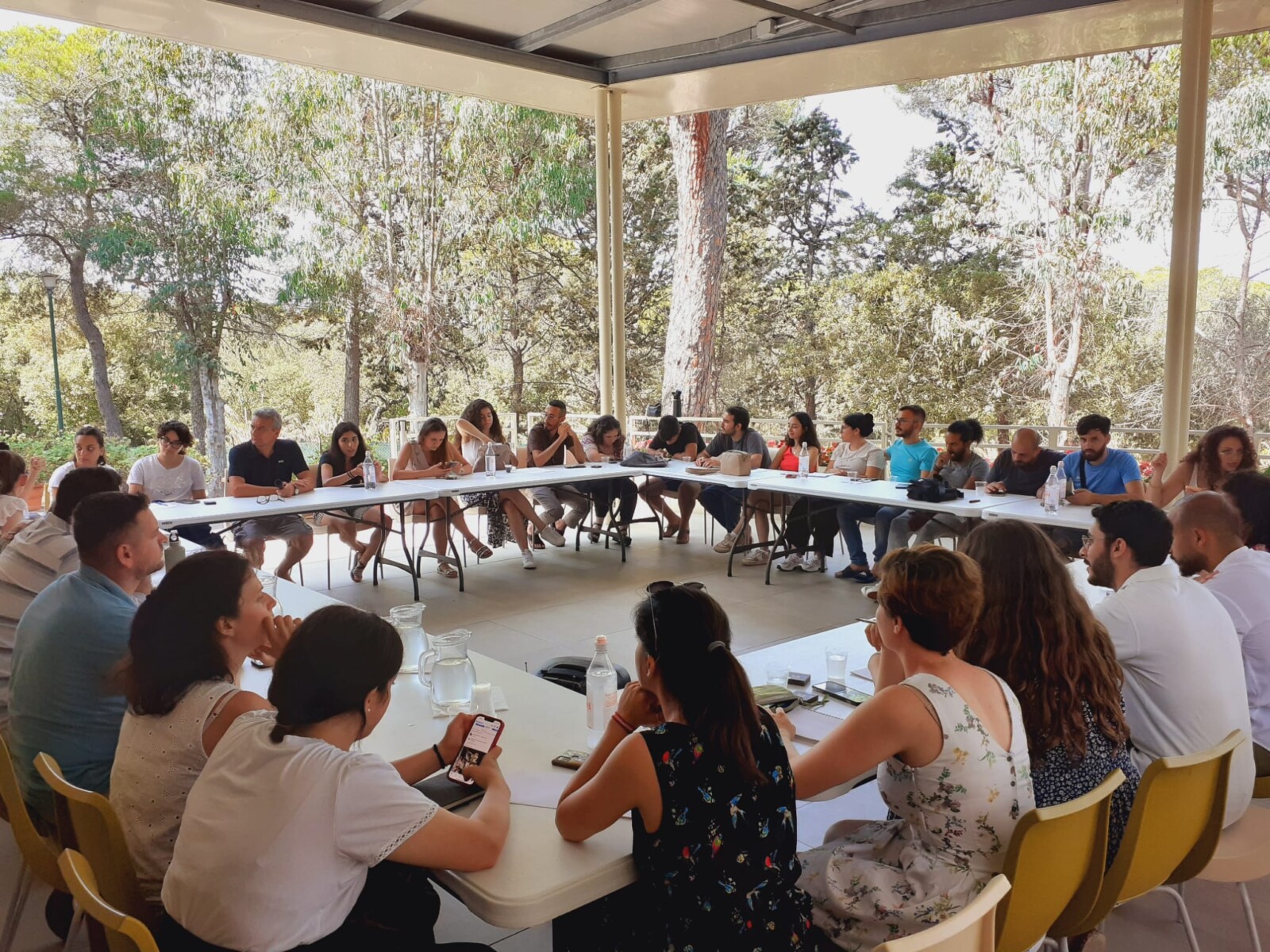
On Thursday, July 13, the inauguration ceremony in the Hall de’ Dugento in Florence’s Palazzo Vecchio, was held.
In this context, the Archbishop of Florence, Cardinal. Giuseppe Betori, invited the youth to break down the wall of distrust: “Today, faced with thousands of migrants fleeing, many of whom lose their lives at sea, we need to rediscover the political role of our cities.” Thus, the invitation to unite “cities to unite the world.”
Patrizia Giunti, president of the La Pira Foundation, added, “Dialogue must start from the bottom. That is why the idea of this Youth Council puts young people no older than 30 years at the center. With this choice we wanted to address those who tomorrow may constitute the ruling class of their countries and who must have matured an awareness right from the beginning: alone we cannot solve humanity’s problems and only the common push can make us hope for a future that frees us from misery, suffering and the prospect of war that is returning to occupy our everyday lives.”
Provocative was the intervention of Msgr. Giuseppe Baturi, Secretary General of the CEI, who underlined, “The challenge is that the diversity of cultures and histories can be a reason for richness, for encounter and not for estrangement. Peace in the Mediterranean will have an effect in all parts of the world.” And addressing the youth, “Will we know how to develop values whereby these Mediterranean civilizations can meet? It depends on us and, a little, it depends on you as well.”
The Council’s first working sessions were held at the “La Pira” International Student Center in Florence. Five themes were identified for the discussion: faith, community, dialogue, hospitality, civic duties. During the various moments, the delegates were able to present proposals for twinning, bilateral and plurilateral youth exchanges, collaborations in the university field, experiences in ecumenical and interreligious dialogue, and other proposals in the cultural or experiential field.
In the last session, which took place at the Opera della Gioventù Giorgio La Pira’s “Villaggio La Vela” in Castiglione della Pescaia (GR), the 34 youth approved the Council’s Rules of Operation and elected the board, composed of Emile Fakhoury (Lebanon), Maher Dridi (Tunisia), Aleks Birsa Jogan (Slovenia) and Pilar Shannon Perez Brown (Spain), who is also its coordinator.
“We are aware,” the latter explained to the microphones of the Spanish magazine Alfa & Omega, “that we are not going to solve any political problems because we are not presidents of any country, but we can promote meetings that will nurture the desire of youth to create a more peaceful society and a more united Mediterranean.
One of the Council’s tasks will also be to connect the many communities of the Churches of the Mediterranean, Near and Middle East, creating ecclesial unity and sharing, a necessary requisite for the ecumenical and interreligious dialogue, which is one of the Council’s indispensable horizons.
The first meeting of the board will be held in early September in which, together with the promoting entities, the work program will be defined, based on the many proposals that have emerged in these first days of work. The next board meeting will be held online in the first week of October.
A bit of history
The Mediterranean Youth Council is considered the “sign-work” – the most beautiful fruit, one might say – of “Mediterranean of Peace,” the meeting of the Mediterranean bishops who gathered in Florence from 23-27 of February 2022. In those same days, the mayors of the cities washed by the Mare Nostrum had also met in the Tuscan capital. At the end of the two Conferences, the groups had shared and signed the document called the “Florence Charter” (HERE is the full text), in which, taking up La Pira’s legacy in working for peace and the unity of the people, they had emphasized the common will to offer adequate political and spiritual answers to the new social, environmental and cultural challenges.
